Manpreet Sethi
In May 1998, two countries, India and Pakistan, emerged as states with nuclear weapons. They also happened to be neighbours with disputed territorial claims. International reactions not only criticised and imposed sanctions on both, but also expressed anxiety about the two states getting themselves and the region into trouble, given their frequent crises, which now could lead up to nuclear escalation.
Fears about the region becoming a nuclear flashpoint were strengthened when a conflict ensued at Kargil in 1999, where regular Pakistani soldiers clandestinely occupied Indian territory. India, however, conducted its military operations with a controlled use of force to avert escalation. Simultaneously, the international community called out Pakistan for its nuclear blackmail. Military and diplomatic pressure eventually compelled Pakistan to withdraw.
Another crisis, however, came along soon thereafter, when terrorists, supported, trained, and equipped by Pakistan, attacked the Indian Parliament in December 2001. India resorted to full scale military mobilisation and Pakistan responded similarly. After a tense, year-long stand-off, the situation de-escalated when then Pakistani President Gen. Musharraf committed to preventing his country from being used as staging ground for terrorist attacks on India. The promise, unfortunately has not been kept. Terror attacks, supported and enabled by Pakistan, have been a regular disruptor of India-Pakistan relations.
During such disruptions, India and Pakistan have normally reduced or cut-off their communications as a way of expressing displeasure. While this is not uncommon behaviour between adversarial dyads, the worry is that such a political state-of-affairs could exacerbate crisis situations. The resultant trust deficit can lead states into hedging strategies and offence-defence capability build-up, thereby creating potential for more crises.
Common sense demands communications during crisis—to arrest, contain, limit, and terminate it. This is especially critical between nuclear possessors, and they bear a special responsibility, for their own sake, to keep some accepted channels of communication open. In fact, many things can go wrong in the absence of clear crisis communication protocols.


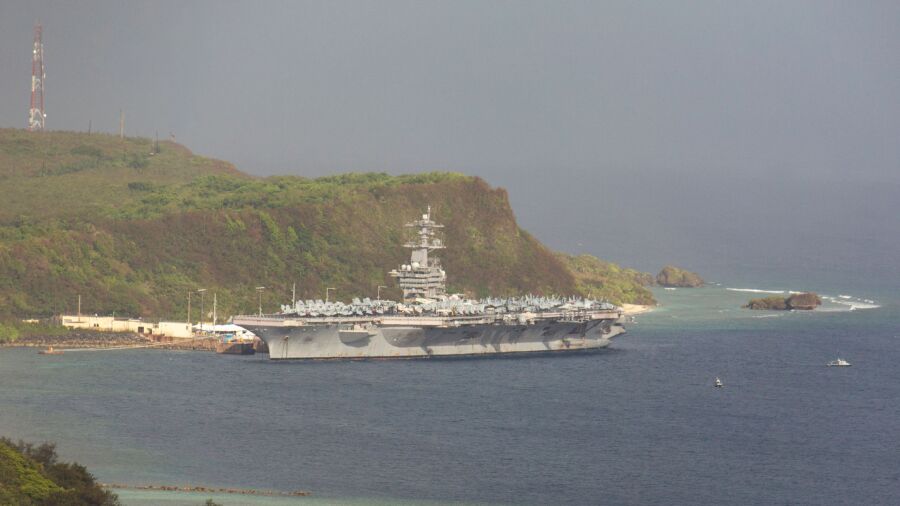



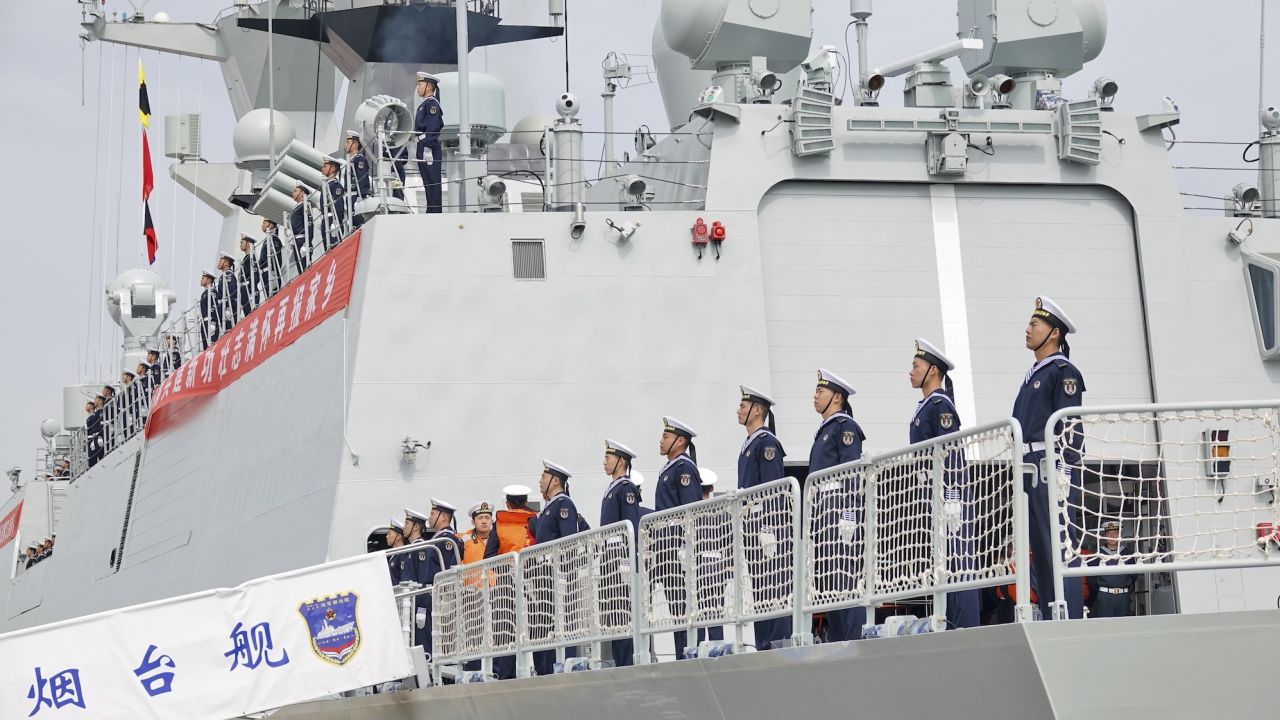
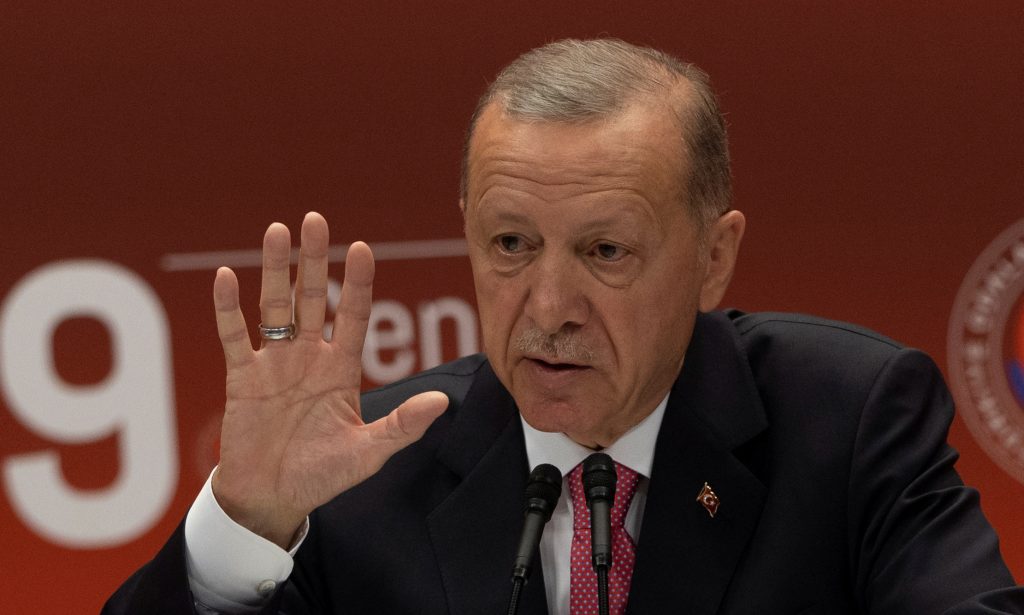
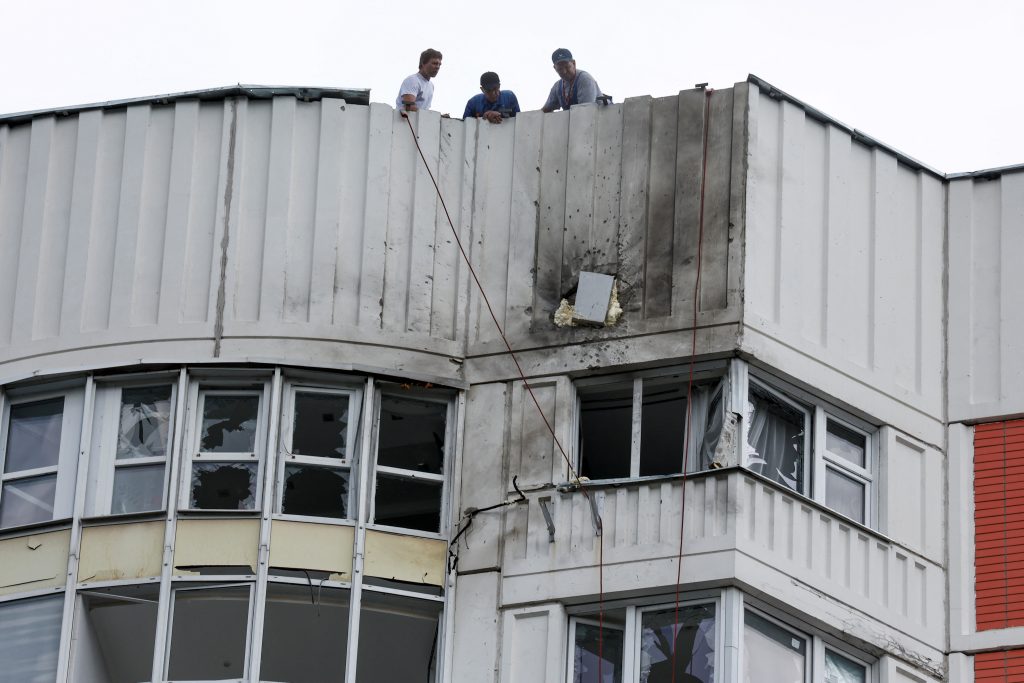


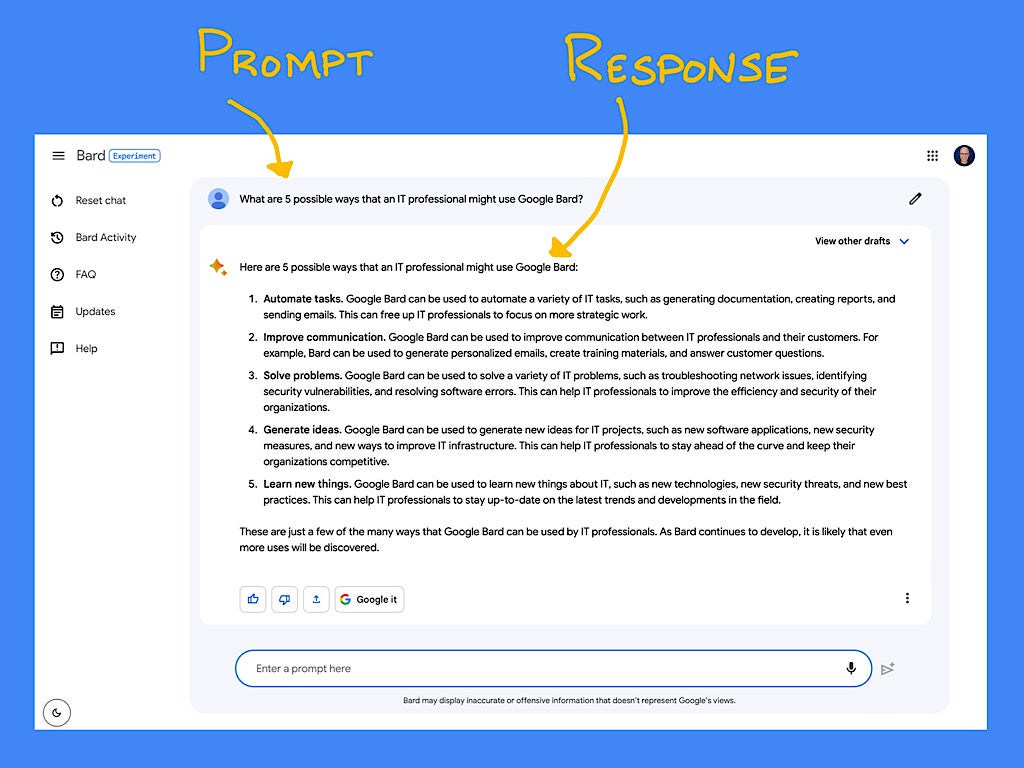 Illustration: Andy Wolber/TechRepublic
Illustration: Andy Wolber/TechRepublic



